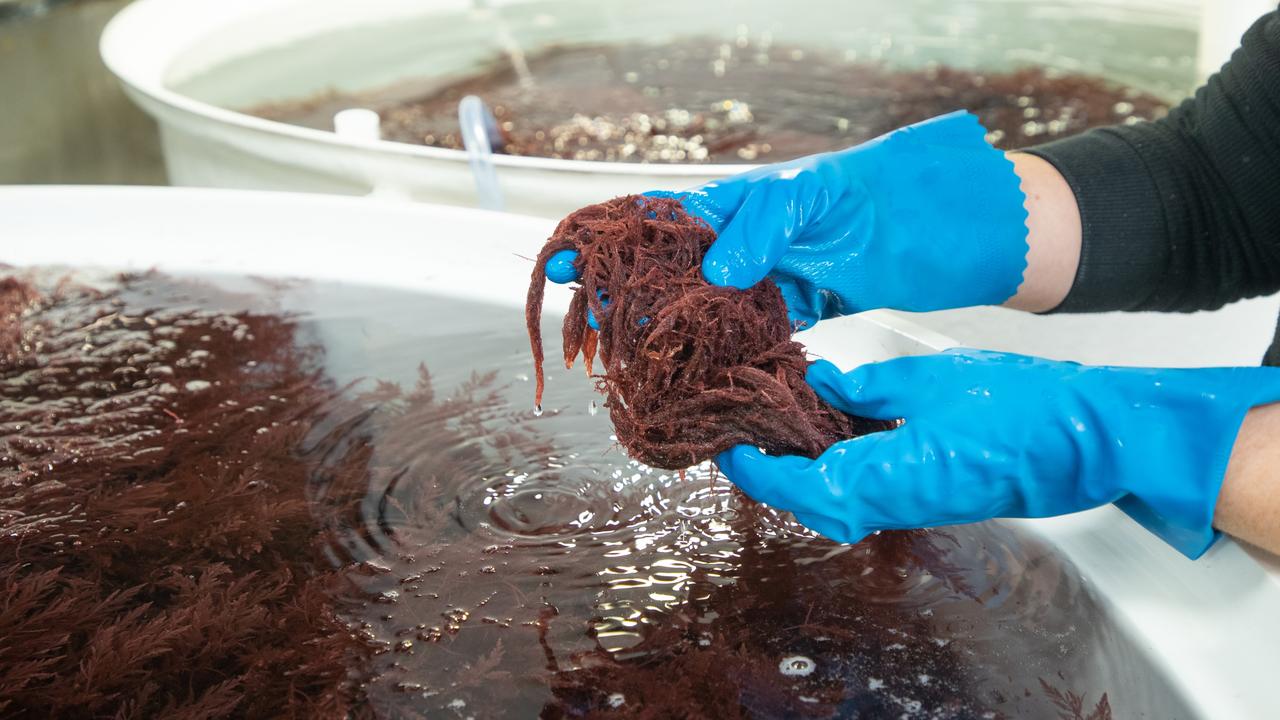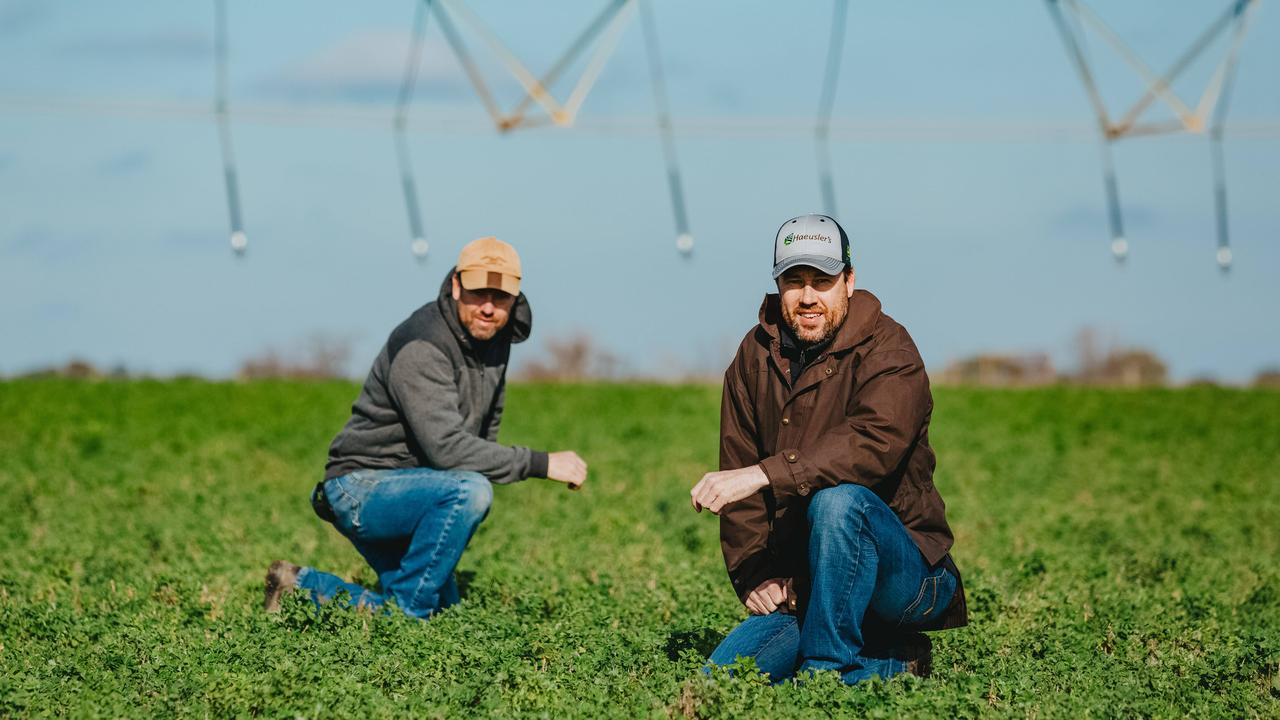Processors and consumers drive focus on ethical fibre
As the trend towards buying less frequently, but choosing higher quality garments gains momentum, wool growers who have backed animal-welfare accreditation programs stand to win big.
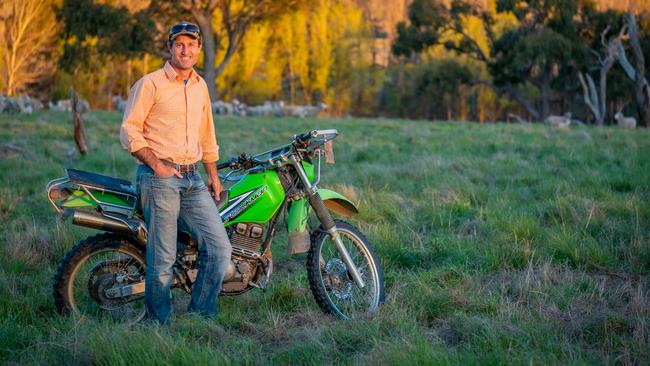
IN THE late 1990s, sixth-generation wool grower Michael Taylor lived in the inner Melbourne suburb of Collingwood, which was then the beating heart of the nation’s independent rag trade.
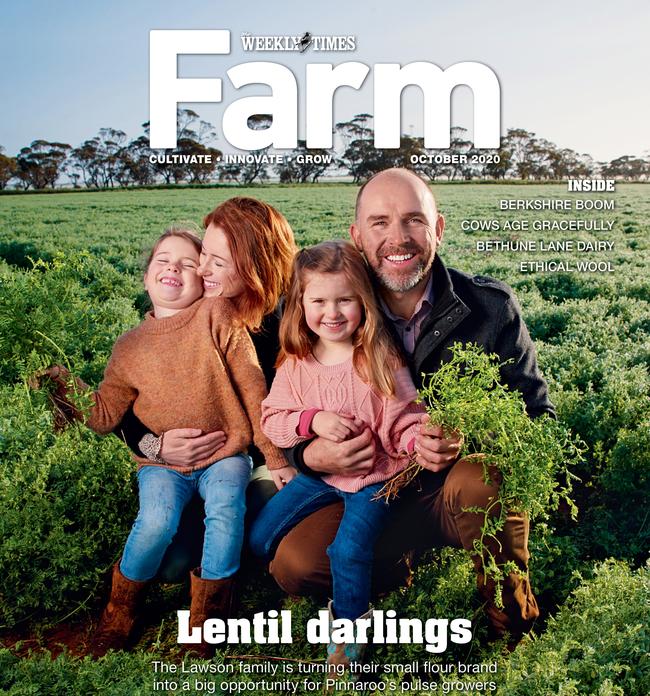
Click here to read the latest digital edition of Farm magazine.
He was studying for his engineering degree, but Taylor was also keeping his eye on the textiles of the design world, in what amounted to an informal education on the importance of quality.
“Being from a wool-producing family, I noticed textiles,” he says. “I would check out what was coming out of Melbourne Fashion Week, what consumers were buying.”
In 2005, Taylor returned to the family Merino farm, Taylors Run, at Kentucky in the NSW New England region, where he threw himself into the production of ethical fibre on the mixed-use sheep and cattle farm. The farm produces superfine 16 micron wool, and sells into European markets — to Italian processor, Giovanni Schneider, in the early days, and most recently to REDA fabric mill.
Taylors Run produces between 10 and 14 tonnes of wool a year off the back of 2500-3500 Merinos, which is down from previous years due to the drought.
Nevertheless, Taylor’s commitment to producing ethical wool is unshakeable: he is accredited by SustainaWOOL, an AWEX-managed certification that mandates ethical methods of wool production, including supply chain traceability and clip preparation. Taylor has also been employed on the steering committee for SustainaWOOL to advise on a new tier of accreditation — SustainaWOOL Gold — which will add an additional level of compliance when introduced this year.
Ethical fibre, according to Taylor, amounts to more than just avoiding mulesing — it’s about holistic animal husbandry and land management.
“If you don’t manage the nutrition of your animals, and keep them healthy, you are not going to get the quality of wool for high-end processing,” he says.
“That is widely understood.”
Processors are also driving this focus on ethical fibre.
“Brands are after a completely unmodified breach, which means no chemical alteration, no liquid nitrogen, no cutting of skin, anything that modifies the animal,” Michael says.
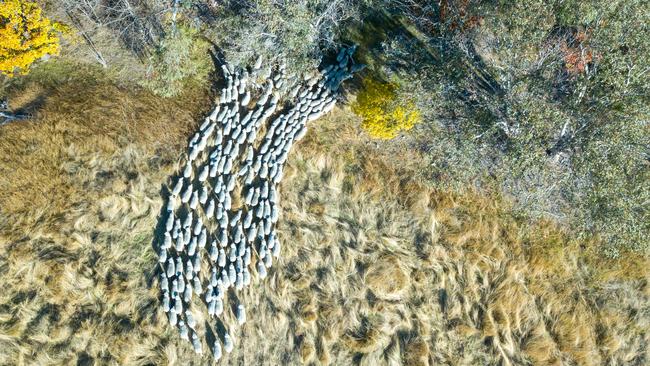
Dean and principal of LCI design school in Melbourne’s Collingwood, Karen Webster, says design and fashion students are educated on the value of ethical fibre, as a way of addressing a “culture of fast and cheap fashion”. “We have an overlay in all our courses of responsible innovation, which is about being ethical, environmentally responsible, and looking at who actually produces the products,” she says. “So it extends across the entire supply chain.”
While emerging designers and premium fashion houses respect ethical fibre, the fashion industry remains driven by large chains and brands, Karen notes.
“A lot of the time, these brands are trying to control their processes and supply chain and that means they preference synthetic fibres so they can have a consistent product in massive volumes at the price point they want,” she says.
“With natural fibres, that cannot happen as easily as the supply chain is impacted by the limitations of producing the natural resource.”
However COVID-19 has “shaken everything up”.
“There is a trend emerging towards people starting to return to quality, of buying better and buying less,” she says.
“It might mean those very large-scale fashion chains are not the drivers anymore.”
Karen believes we have an opportunity at the moment to reconnect with wool because of its luxury status and longevity.
“It lasts and it can be re-imagined and reworked many years later,” she says. “If people are going to buy less and buy better they will go far more mid-market to premium brands, who are advocates for quality fabrics.”
Rae Young certainly hopes so.
Rae runs a 1000-hectare farm in Ross, Tasmania, with her husband, Lindsay. The farm runs between 5000 and 8000 sheep, producing about 30 tonnes of wool a year at between 18 and 19 micron.
The farm is accredited by Responsible Wool Standard (RWS), Rae notes, which has become important to wool buyers. “Companies like Country Road, whom we sell our wool to, will demand that the farms are RWS-accredited,” she says.
But, more to the point, Rae’s interest in ethical fibre extends beyond the accreditation process to her commitment to animal welfare.
“We have a zero-tolerance approach to flystrike — we just treat all our sheep — and we do not mules,” she says.
“We look after our animals because we like and care for them. It just so happens that because we do these things our animals are more productive and we meet certain standards.”
A number of growers have started sustainable regional and national co-ops, including the Ethical Merino Growers Co-op, which Michael Taylor helped found.
“It’s in a holding pattern due to the drop in the market,” Michael says.
“Ideally, I would like to see it become redundant because I would hope that it wouldn’t be necessary, that the sustainable principles will become just part of the industry like rotational grazing.
“But these things take time.”
And they also take consumer support and a willingness to pay more than markdown prices for fibre.
“You can’t expect a $20 woollen thermal to cover the cost of good practice on-farm,” Michael says.
MORE
WHICH FARM ACCREDITATION SCHEMES ARE WORTH THE TIME, MONEY

